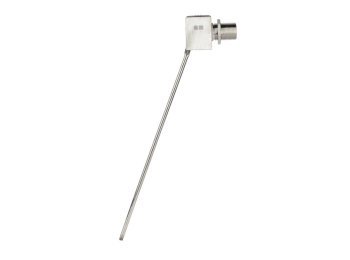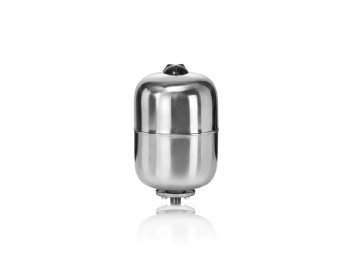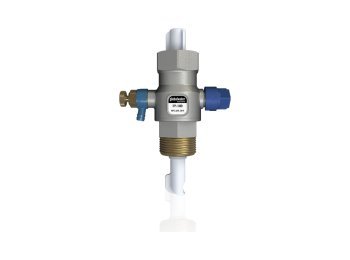Hydraulic system safety: technology and quality in compliance with standards.
The safety of water in plumbing systems, residential, industrial, or commercial, is a topic of fundamental importance for plumbers and maintenance personnel.
There is specific legislation for the safety of plumbing systems that defines the criteria for design, installation, and maintenance. Laws and decrees that attest to the proper execution of the system and allow for obtaining the certification of conformity. To comply with regulations and work more efficiently, however, a plumber must rely on reliable products, high-quality materials, and suitable technological solutions to carry out all necessary checks and avoid situations that could compromise the safety of the system.
The main methods for the prevention of legionella.
Among the bacterial contaminations of plumbing systems, legionella is one of the most feared. Legionella is a bacterium present in water that can cause severe respiratory infections. We know that it develops mainly in natural and artificial aquatic environments, including pipes, tanks, boilers, air conditioning and cooling systems, decorative fountains, hot tubs, swimming pools, spas, and thermal facilities. It is important to note that the bacterium is inactive below 25 °C and cannot survive at temperatures above 50 °C. Consequently, the dangerous range in which legionella can proliferate is between 25 and 45 °C.

For the prevention of contamination in plumbing systems, there are some key factors:
- Maintain hot water above 55°C.
- Avoid water stagnation with constant circulation.
- Regularly clean and disinfect tanks, boilers, and pipes.
- Use safe, durable, and hygienic materials such as stainless steel.
- Specific treatments like UV rays or shock chlorination.
Anti-circulation valve: an ally against stagnation.
Among the causes of legionella proliferation is water stagnation, a condition that can also occur in domestic water systems. A significant example is heating systems and domestic hot water production. Often, expansion vessels are installed to control sudden pressure changes in the circuit that could cause the dreaded water hammer. Even when the expansion vessel operates optimally and has a high discharge capacity, small stagnant areas naturally form, which can promote bacterial growth.
To counteract this phenomenon, it is useful to install an anti-circulation valve. In summary, it is an interception valve connected to the expansion vessel, designed to continuously channel water into the tank to maximize water circulation. A small accessory that greatly helps ensure the system's health.
Stainless Steel: a safe choice for preventing contamination.
Stainless steel is one of the safest materials in plumbing systems to ensure hygiene and durability. From pipes to manifolds, valves, filters, and fittings, this material offers many advantages. Its unique properties make it an effective solution for preventing bacterial contamination, corrosion, and the release of substances into the water. Its extreme resistance to corrosion prevents rust and scaling; the smooth, non-porous surface reduces the formation of bacterial biofilm, responsible for pathogen proliferation, minimizes the growth of bacteria and mold, and facilitates cleaning and sanitization of systems.
Stainless steel can also withstand high temperatures without altering or deteriorating. This is crucial for systems transporting domestic hot water, where, as we know, high temperatures are necessary to reduce the risk of legionella proliferation.
WRAS and ACS Certifications: a guarantee of safety for materials in contact with drinking water.
When it comes to plumbing systems for transporting and distributing drinking water, it is essential to ensure that pipes, valves, gaskets, and other components meet the highest standards of safety, hygiene, and performance. Stainless steel, for example, is a guarantee in this regard.
Two of the most internationally recognized certifications for products in contact with drinking water are:
- WRAS (Water Regulations Advisory Scheme);
- ACS (Attestation de Conformité Sanitaire).
The WRAS certification is the British standard, while the ACS certification is French. Choosing products with one or both of these certifications ensures the absence of harmful substance release, no alteration of water taste or odor, resistance to bacterial proliferation, as well as reliability and durability over time.

























